Dictionary
Alien

- Spanish word:
-
Extraterrestre
Audio:
Civilization

- Spanish word:
-
Civilización
Audio:
Nap
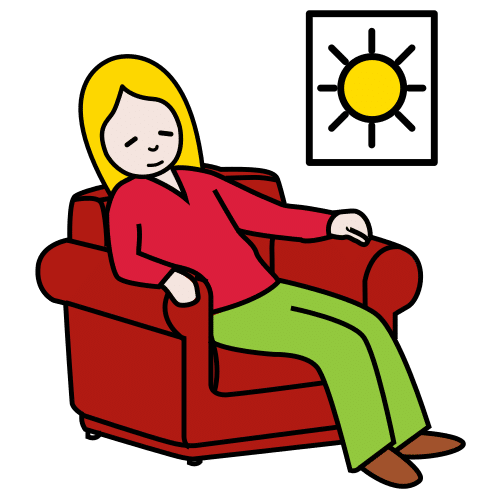
- Spanish word:
-
Siesta
Audio:

Extraterrestre
Audio:

Civilización
Audio:

Siesta
Audio:
 To start writing messages to other civilizations, you need to know how to express human routines and general aspects of the Earth.
To start writing messages to other civilizations, you need to know how to express human routines and general aspects of the Earth.
So, let’s learn what verb tense to use for that purpose.

Definition:
Knowledge, art and traditions that define people in society.
Conocimientos, arte y costumbres que definen una sociedad.
Example:
Greek civilization invented democracy.
La civilización griega inventó la democracia.
.
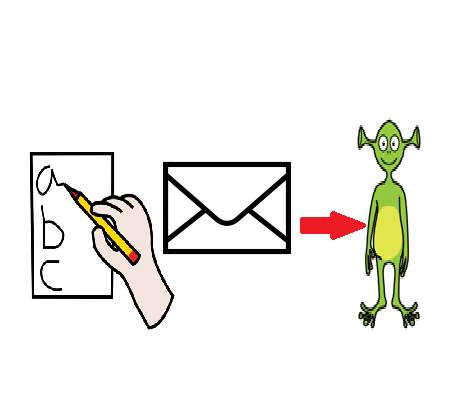 You have to write a message to another civilization.
You have to write a message to another civilization.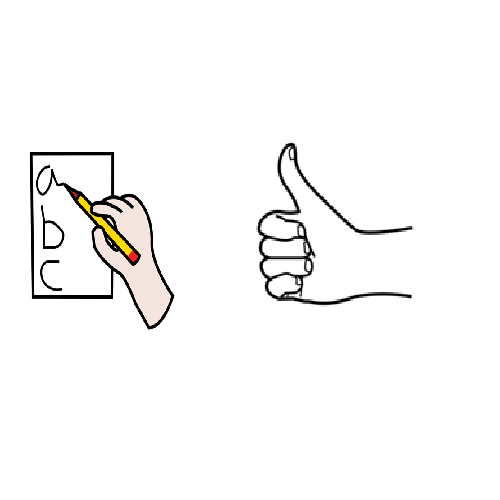 You have to write well.
You have to write well.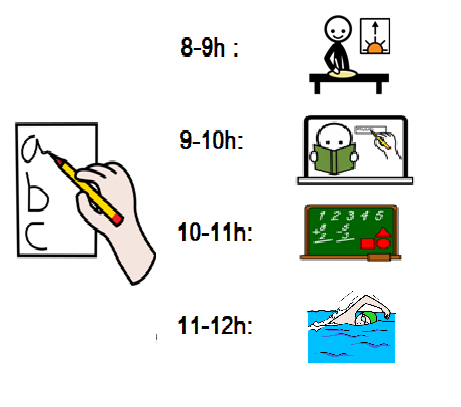 You have to write down human routines.
You have to write down human routines.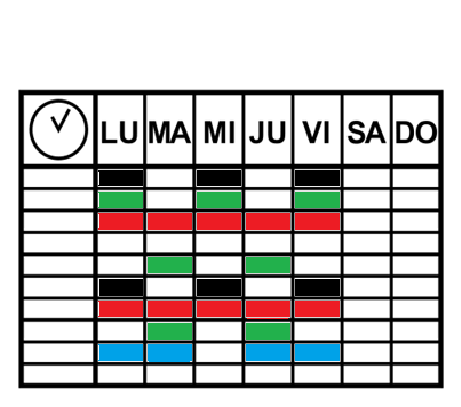 A routine is something that is repeated every day.
A routine is something that is repeated every day.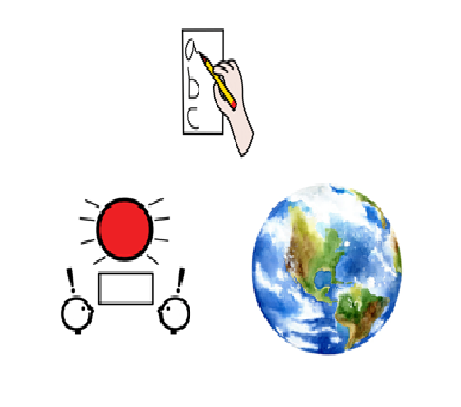 You have to write the best of Earth.
You have to write the best of Earth. You are going to learn a verb tense to write better.
You are going to learn a verb tense to write better.GRAMMAR CHART
|
I |
play | tennis. |
|
He She |
plays | tennis. |
| I We You They |
don’t | play | tennis. |
|
He She |
doesn’t | play | tennis. |
| Do |
I we you they |
play | tennis? |
| Does |
He she |
play | tennis? |
Click here to download or read the subtitles of this video
 Now, it’s time to put into practice what we learnt about the present simple tense.
Now, it’s time to put into practice what we learnt about the present simple tense.
So this is why we are going to express and ask for human routines.
.
 You learned the simple present tense.
You learned the simple present tense.Aprendiste el tiempo presente simple.
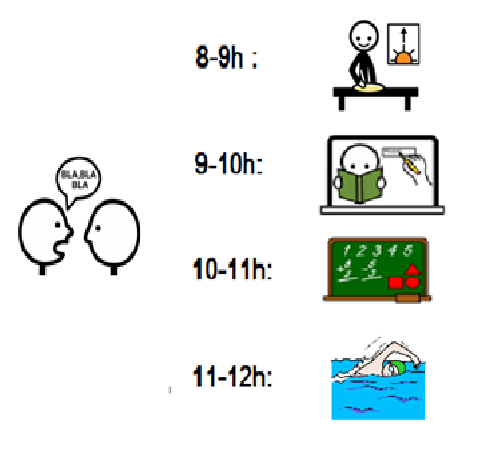 Express human routines.
Express human routines.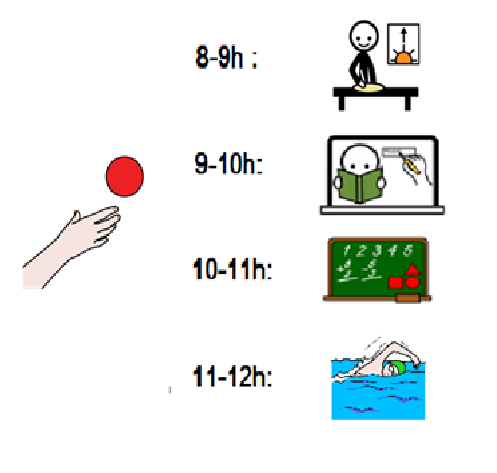 Ask for human routines.
Ask for human routines.
Watch the video. Then decide whether the sentences are true or false.
False
True
False
False
False
True
True
Cut out both the puzzle pieces and the words. Then place the words on the corresponding pieces. Finally, arrange the puzzle pieces in order to form present simple questions. You can also flip and colour the pieces in a different way.
Keep it up!
Licensed under the Creative Commons Attribution Non-commercial Share Alike License 4.0